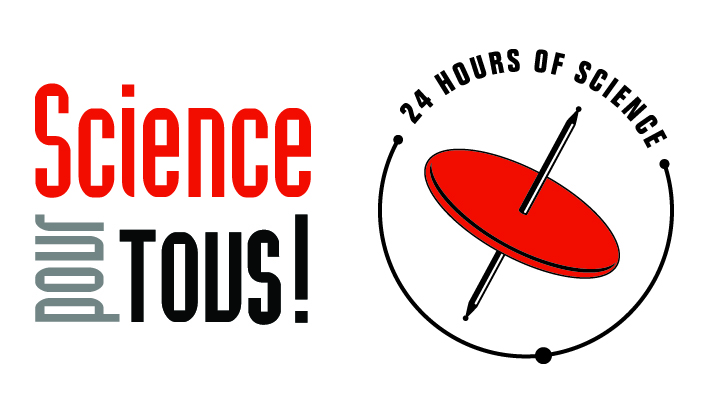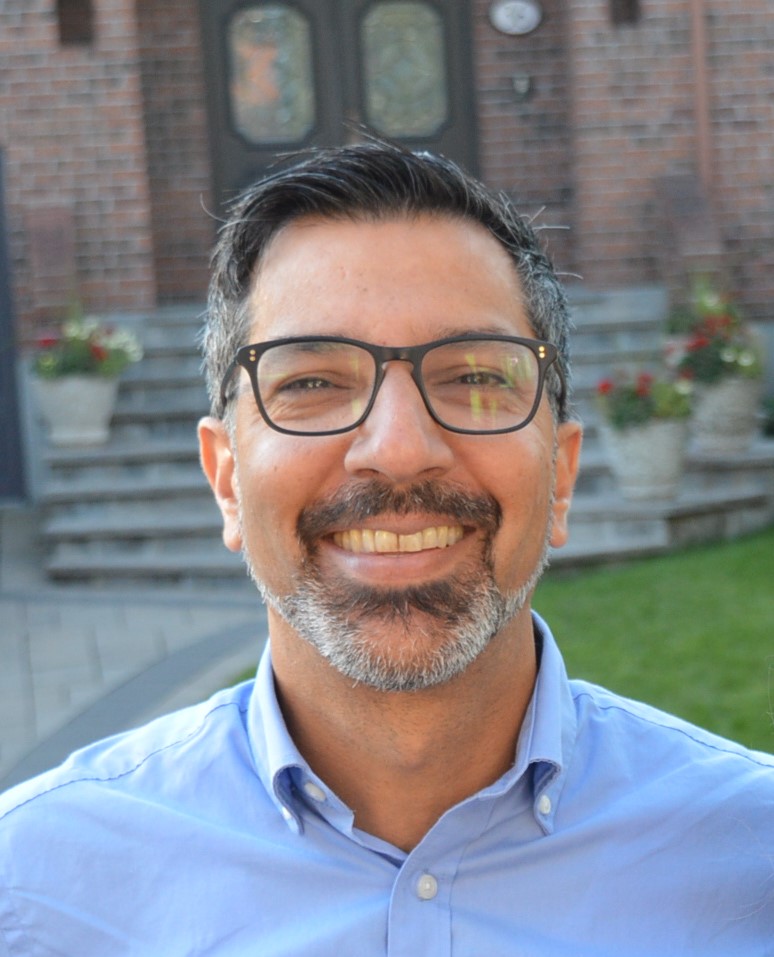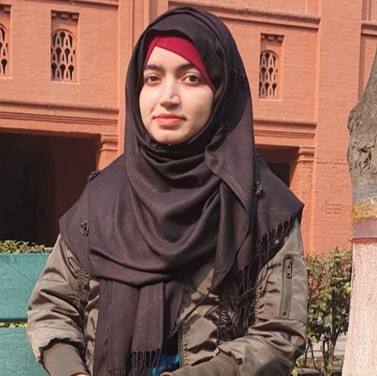![]()
Held by the Lister Family Engaged Science Initiative in collaboration with John Abbott College, the Lister Science Chats connect members of the community with researchers from the McGill Faculty of Agricultural and Environmental Sciences. Four Macdonald Campus graduate students giving an engaging 10-minute talk about their research and how the discoveries, sometimes unintentional, and techniques of previous scientists made their work possible. The event will conclude with an open Q&A period.
 This event is part of 24 Hours of Science, a day-long event filled with science and technology activities for everyone (children, teens, young adults, families, seniors, etc.). Over 400 activities take place throughout Quebec! The event starts on Friday at noon and ends 24 hours later, giving room for evening and late-night activities.
This event is part of 24 Hours of Science, a day-long event filled with science and technology activities for everyone (children, teens, young adults, families, seniors, etc.). Over 400 activities take place throughout Quebec! The event starts on Friday at noon and ends 24 hours later, giving room for evening and late-night activities.
Science, what a story!
This year we are looking at how science organizations relate to you, the public! Transmission, testing, discovery, and participation of novices are an integral part of the scientific community, regardless of the field. We therefore invite all science organizations in Quebec to help you discover the heart of their work by offering you exciting activities to satisfy your curiosity!
Details
Friday, May 3
13h00–14h00
John Abbott College Library, Herzberg Building
Contact: ingrid.chiraz [at] mcgill.ca
 Order of proceedings
Order of proceedings
13h00 – Welcome and Introductions
13h05 – Student Presentations
13h45 – Q&A
13h55 – Thanks
14h00 – End of Event

Sean Hughes
Q&A Moderator
Science Program Coordinator
Department of Chemistry, John Abbott College
Speakers

Gillian Cameron, PhD candidate, Department of Natural Resource Sciences, McGill University
Under (Selective) Pressure: The Evolution of Copper Resistance in Legionella pneumophila
Industrial water systems are home to Legionella pneumophila, a bacteria that causes the severe illness Legionnaires’ Disease. Within these systems, Legionella is subject to a variety of environmental stresses, including copper ions from copper pipes or water treatment methods. My talk will discuss the role these copper ions play in the evolution of copper-resistant Legionella and the effect copper resistance has on efforts to maintain Legionella populations in water systems at a safe level.
Arusha Fleming, MSc student, Department of Food Science and Agricultural Chemistry, McGill University
Playing Hide & Seek With Bacteria
In the microscopic world of bacteria, some have mastered the art of hiding through entering a state known as VBNC (Viable but Non-Culturable). These bacteria are stealthy spies with the ability to avoid our conventional detection techniques and can pose potential threats to human health. But researchers have found a strategy to find them in this state- through resuscitation! By using specific resuscitation stimuli, like altering the temperature, nutrients, or chemical signals, we can bring them out of this state and use that knowledge to detect them again.


Tongzhu Meng, PhD candidate, School of Human Nutrition, McGill University
How Much Do We Know about Bitterness?
Have you ever wondered why the same pot of coffee tastes bitter to you, but tastes just fine to someone else? Each individual actually perceives the intensity of bitterness differently. Part of the reason behind this difference can be explained by genetics. Through genome-wide association studies, we will discover the genetic loci associated with bitterness preferences to broaden our understanding of the genes responsible for bitter-tasting foods.
Maria Najeeb, PhD Candidate, Department of Natural Resource Sciences, McGill University
Finding the Source of Legionella pneumophila Outbreaks Using Next-Generation Sequencing
Uncover the story behind the 1976 Legionella outbreak in Philadelphia and the challenges faced during this crucial moment in public health history. Even today, we continue to face obstacles in our fight against this water-borne pathogen. Developing new advanced techniques can finally help us overcome these challenges and pave the way for a safer future.
